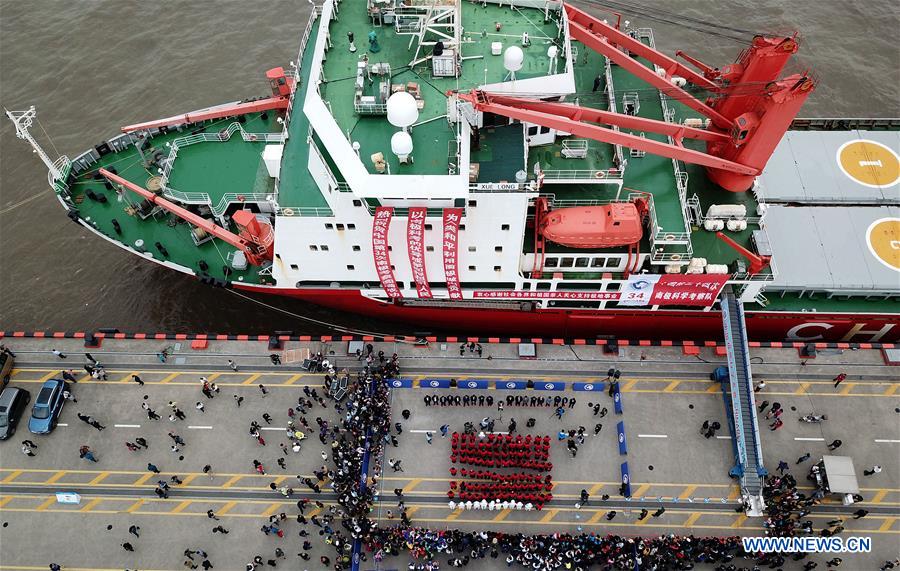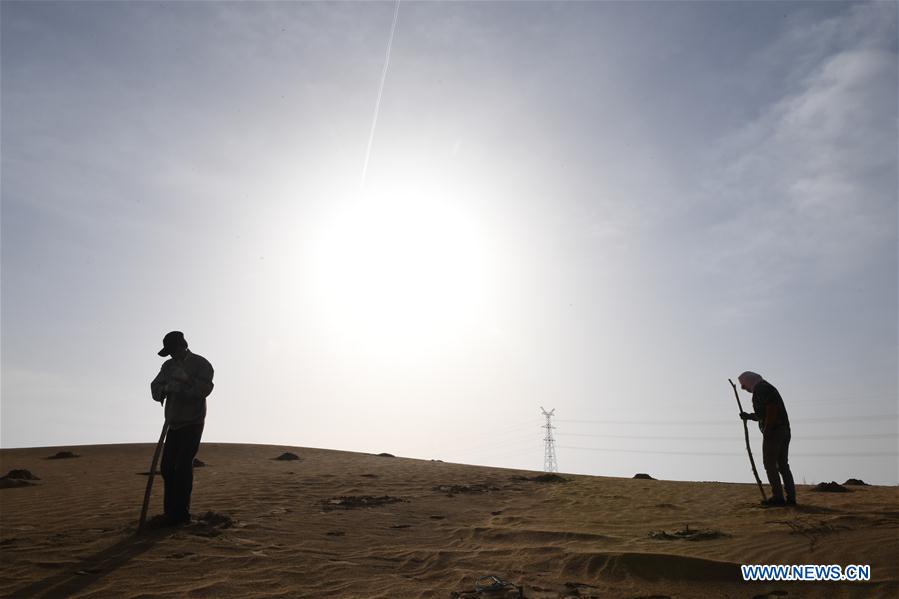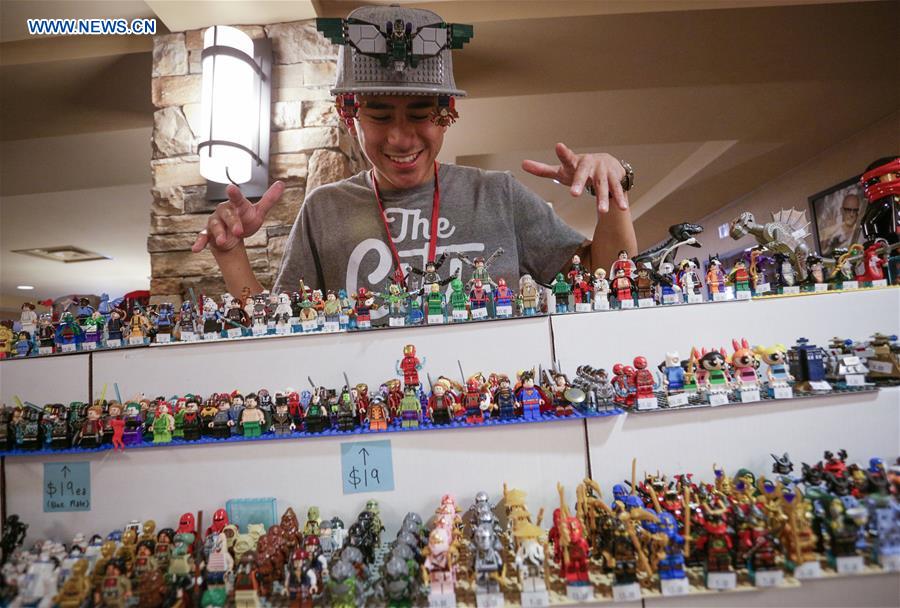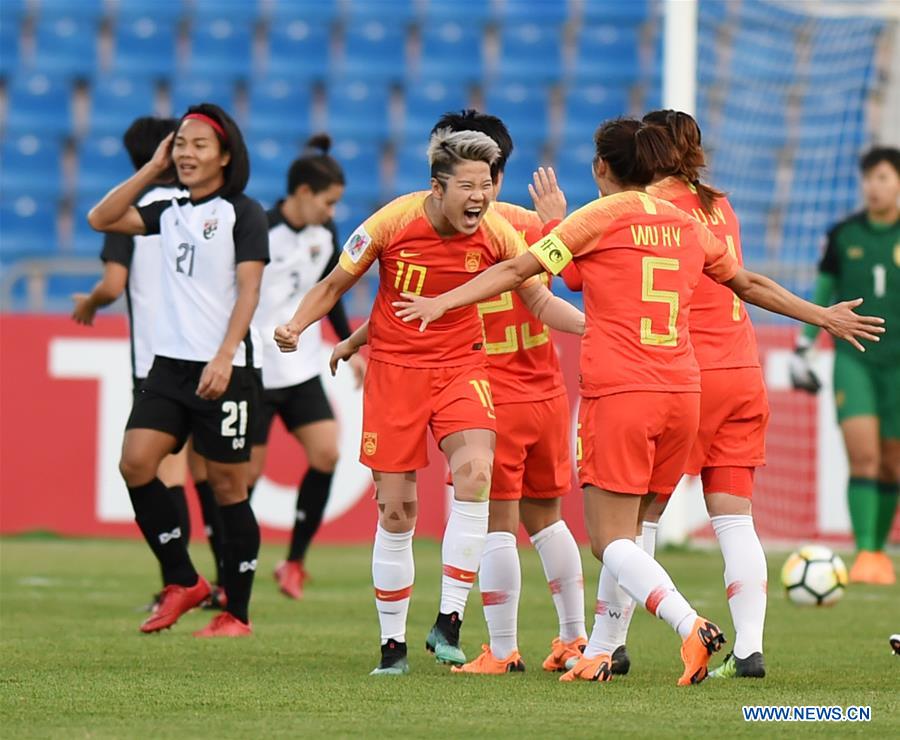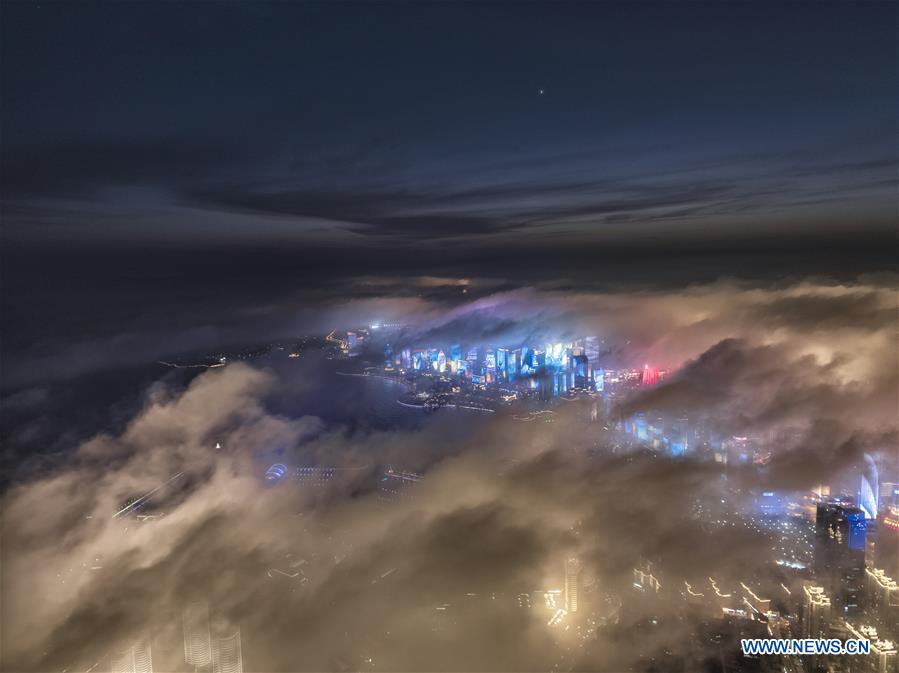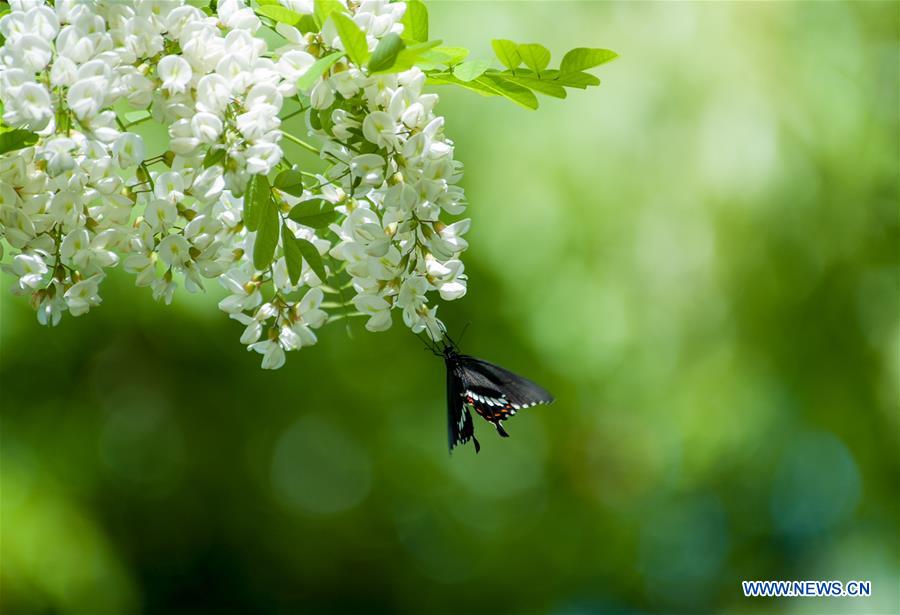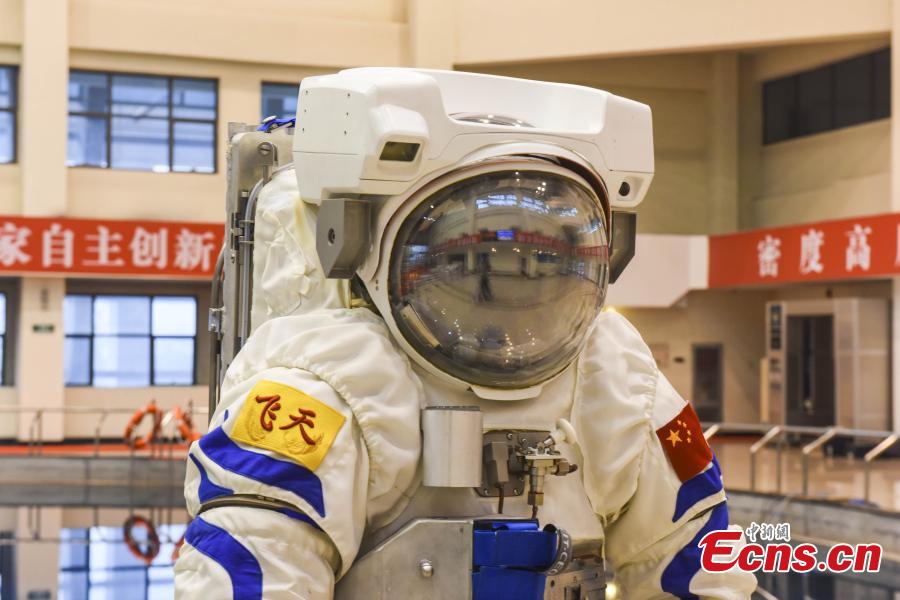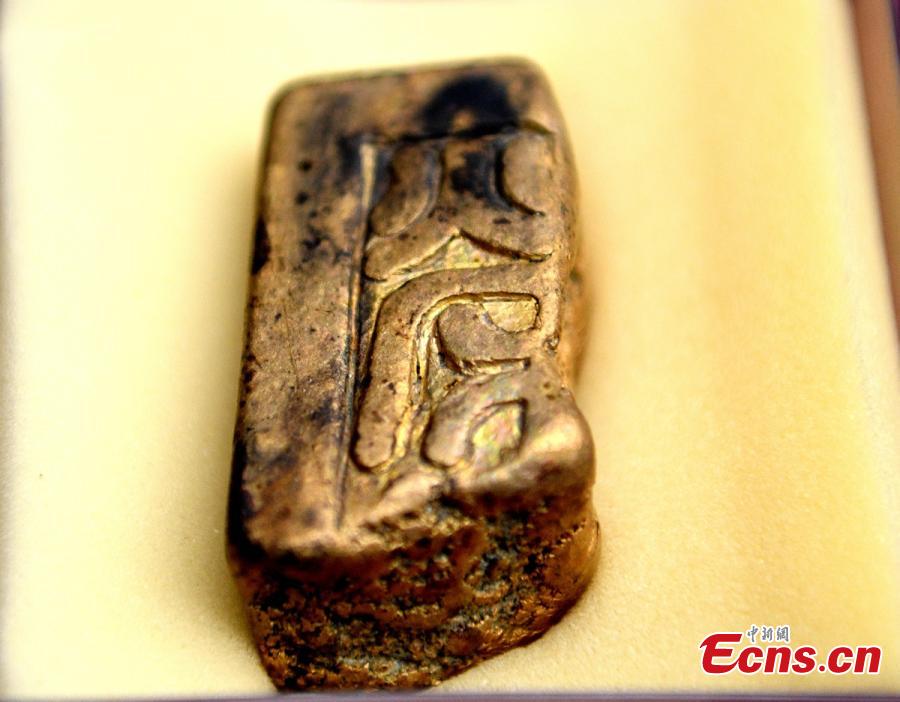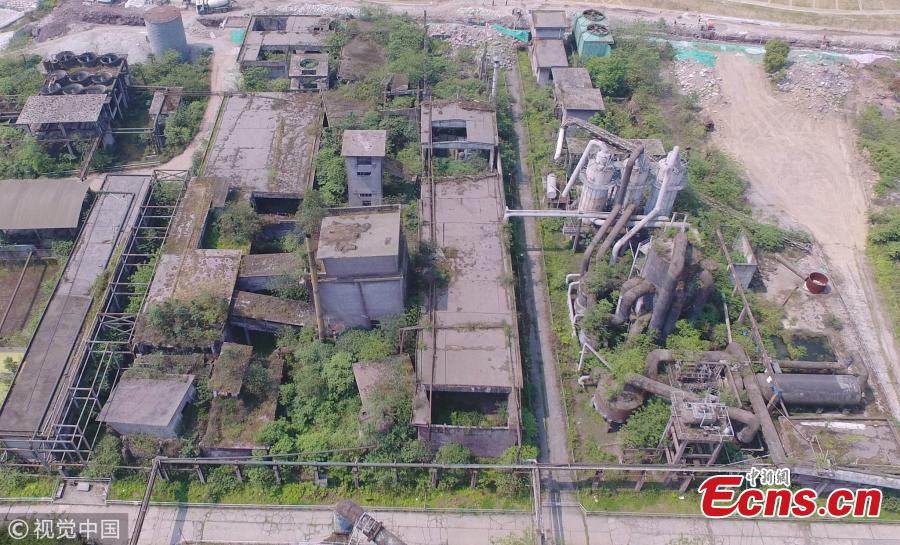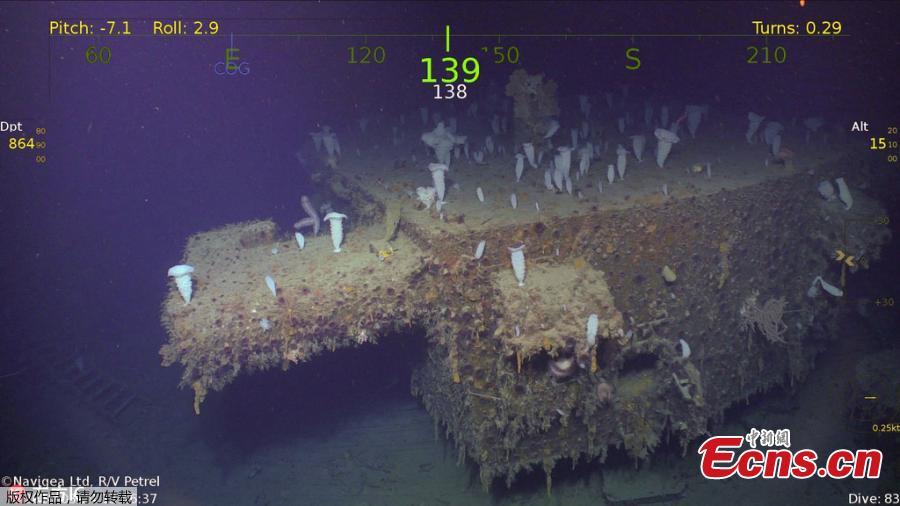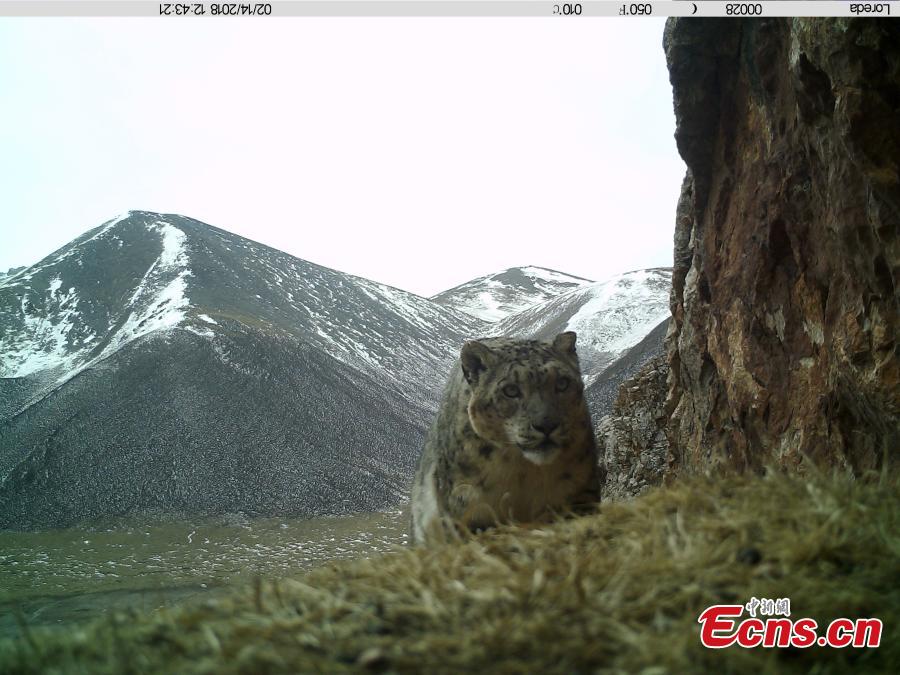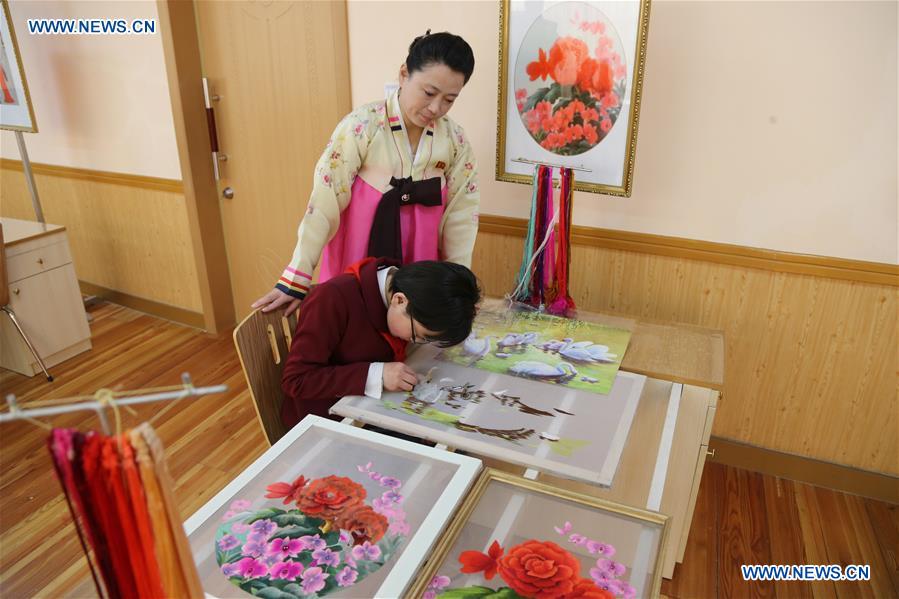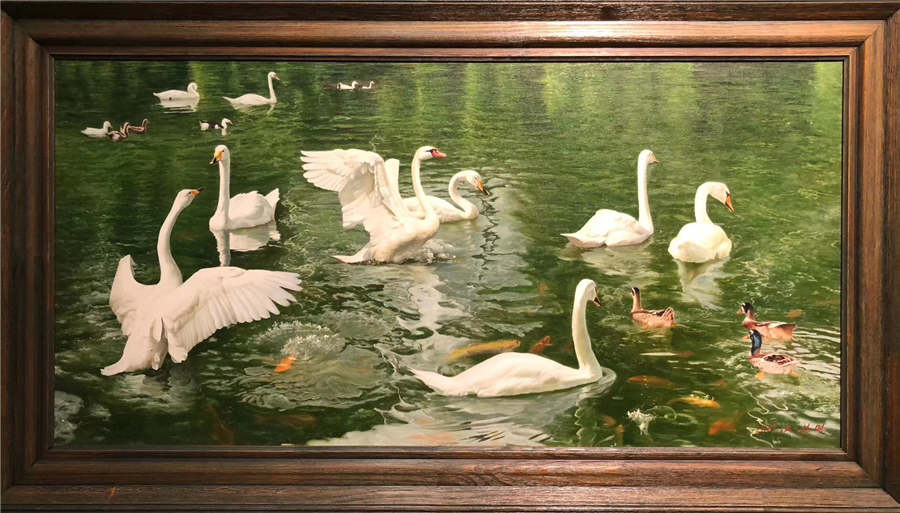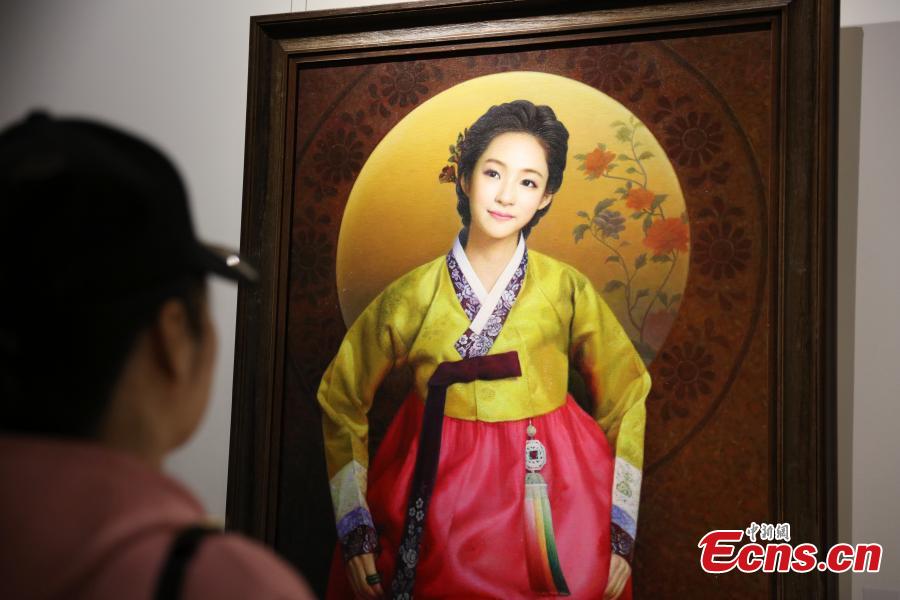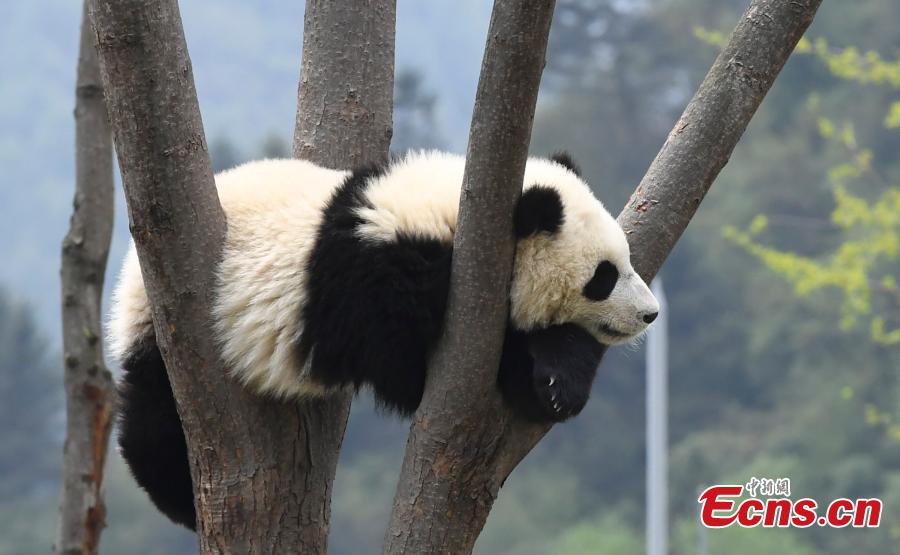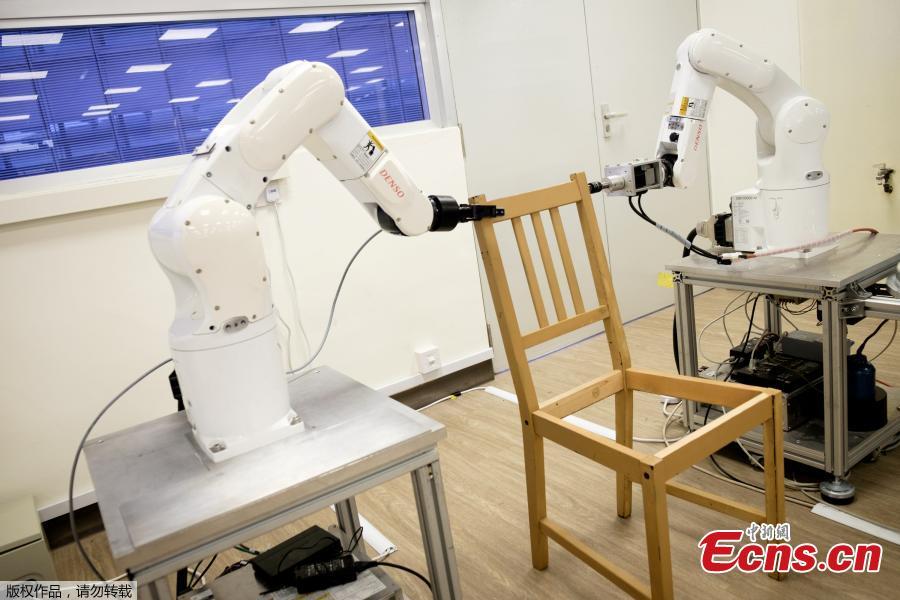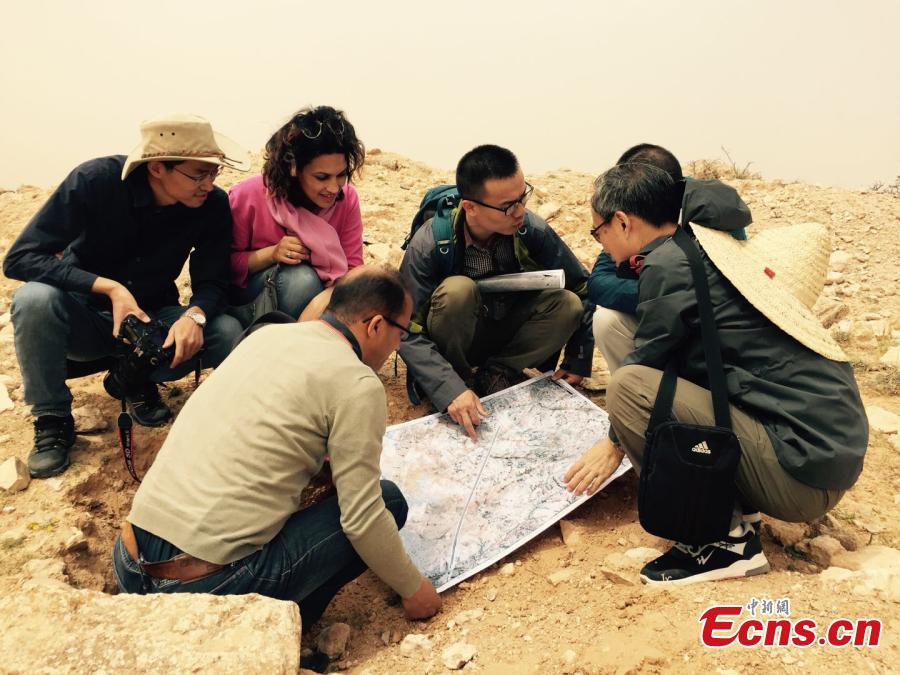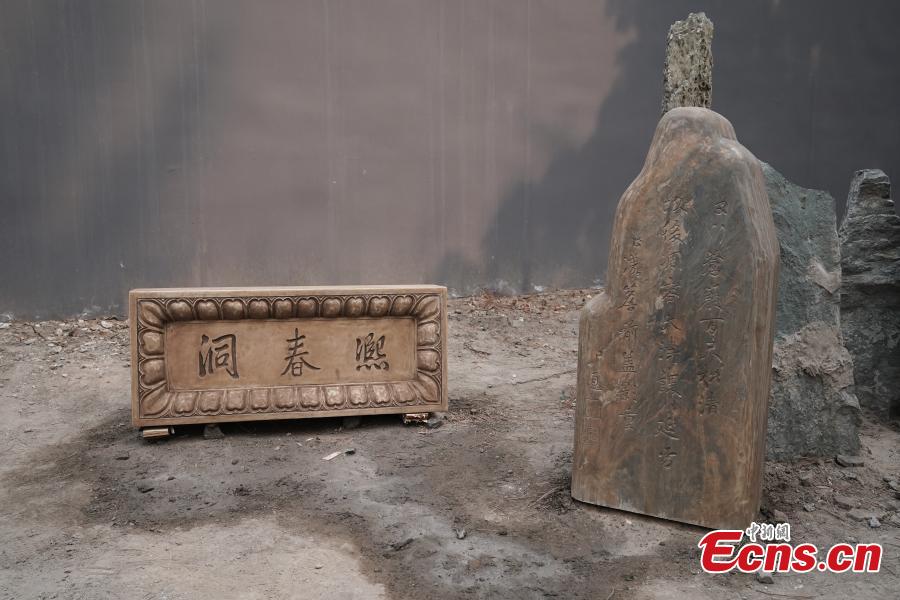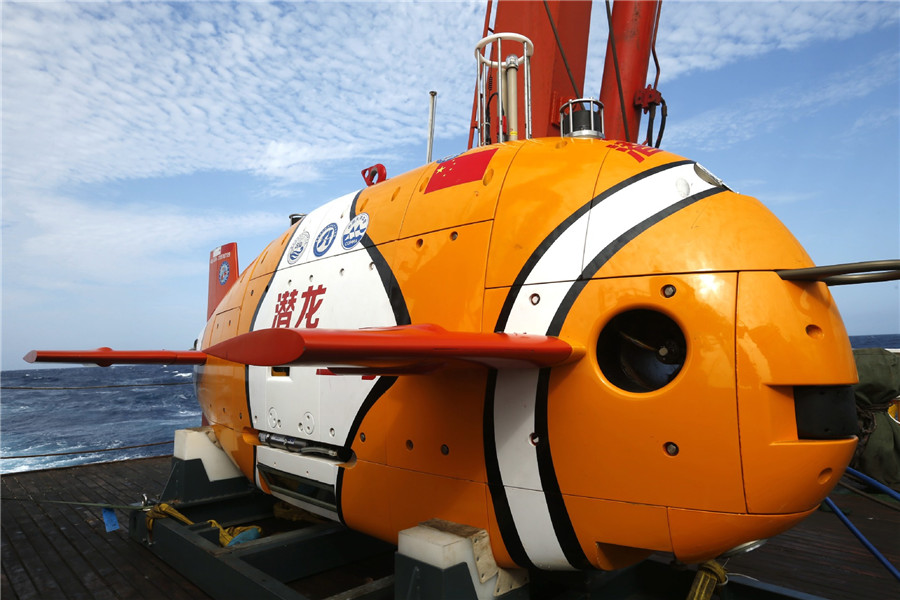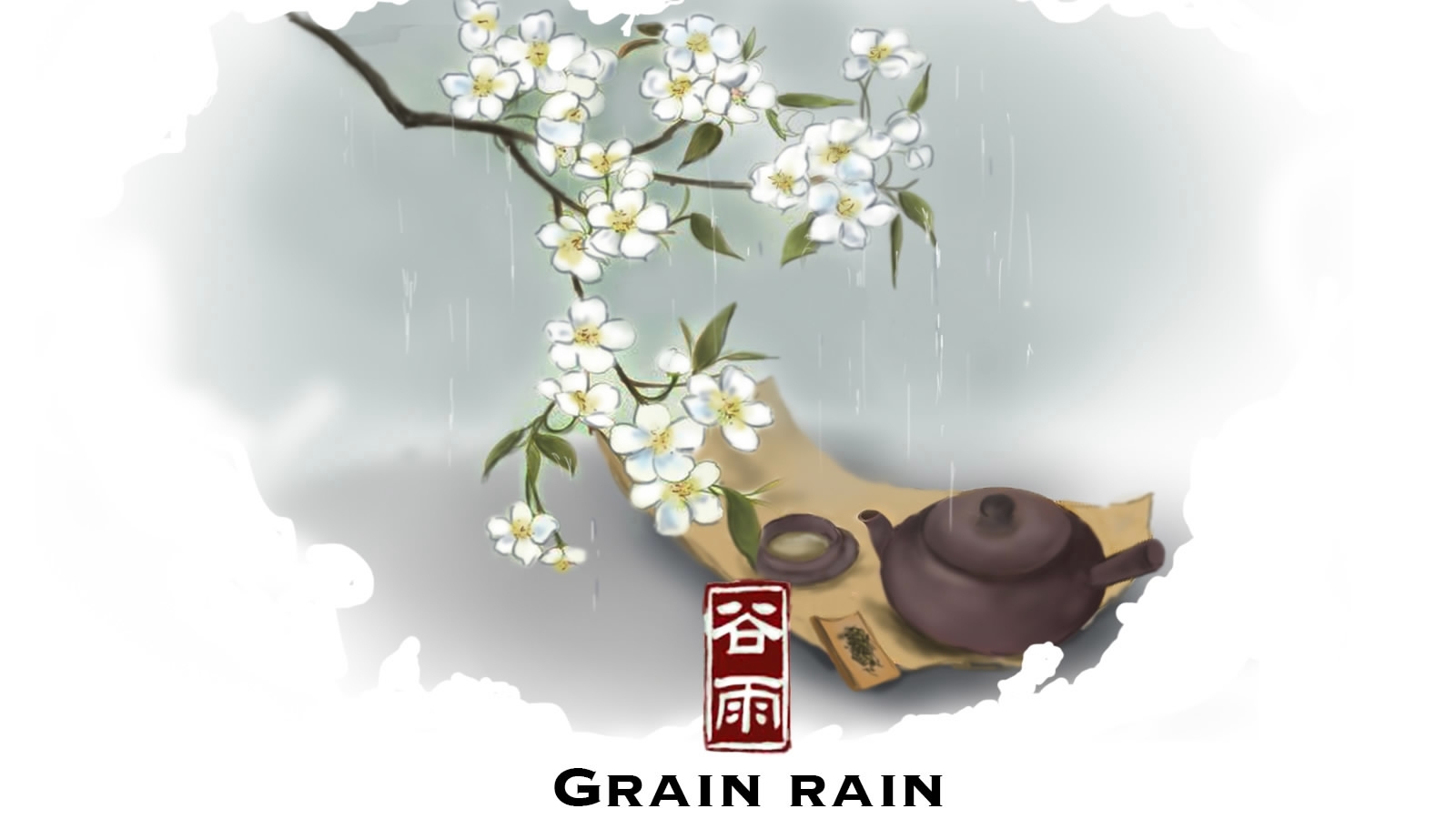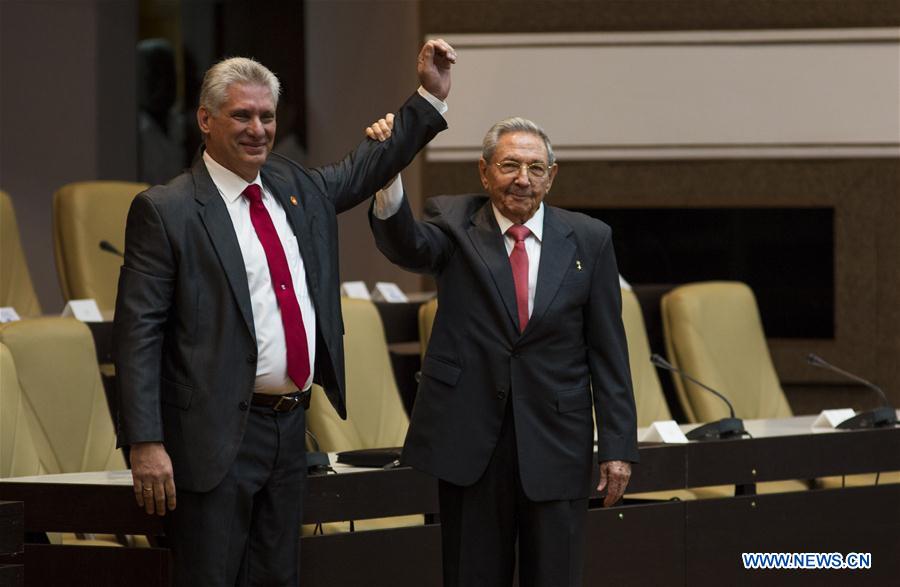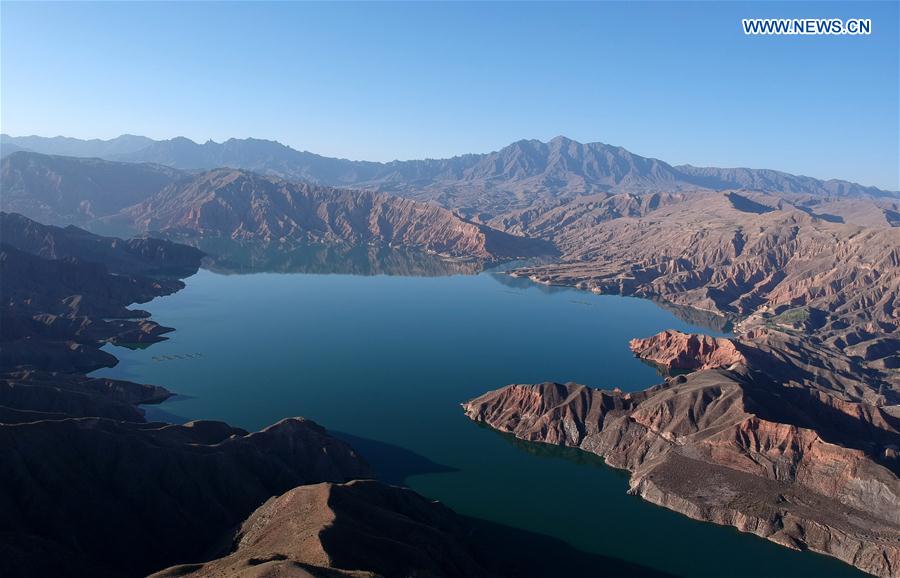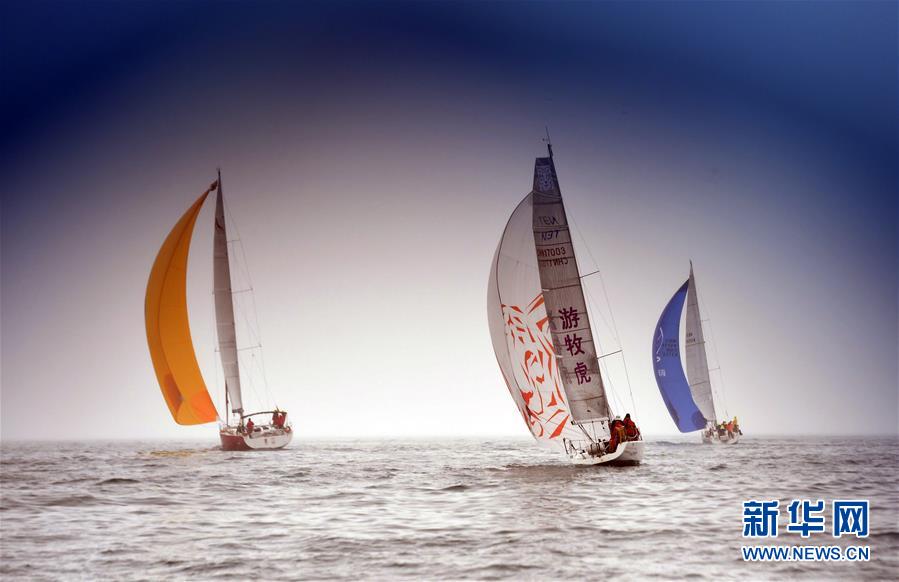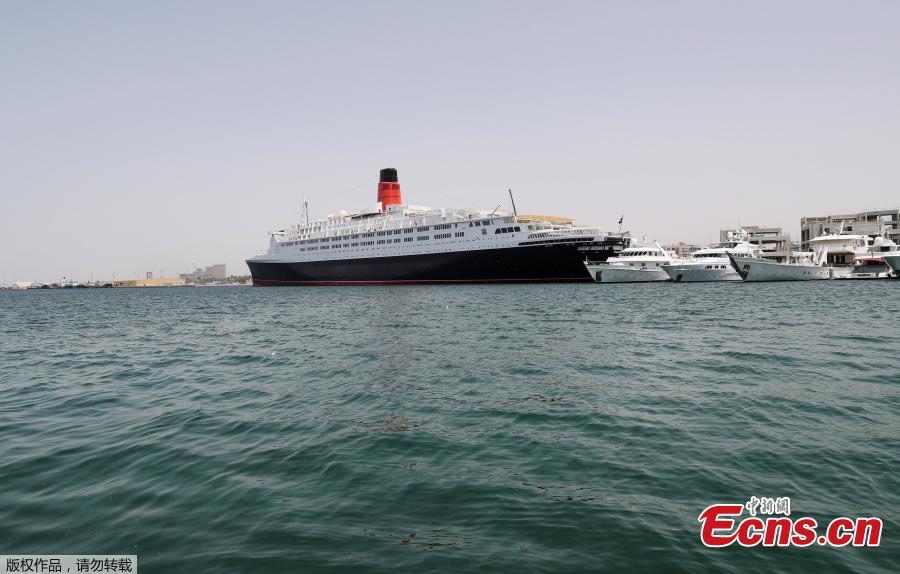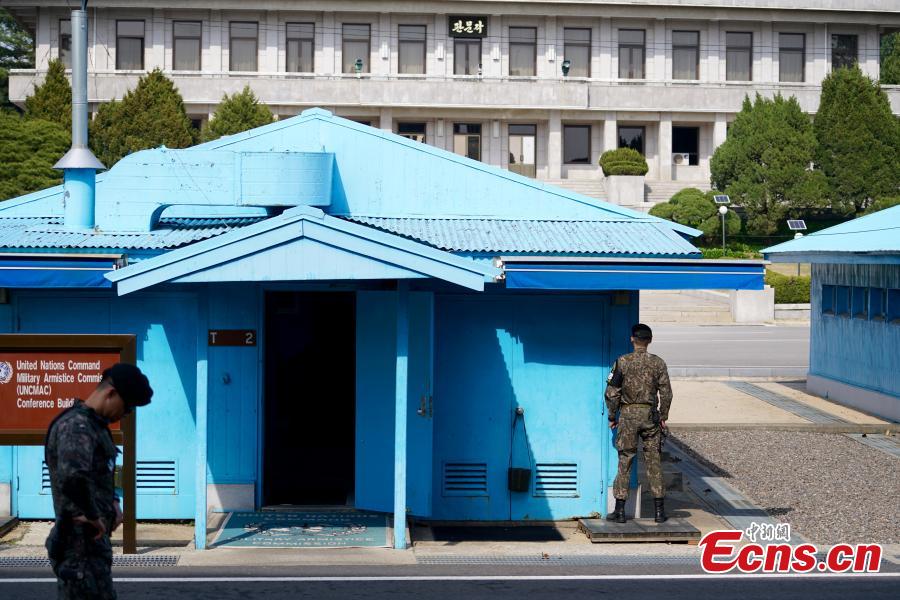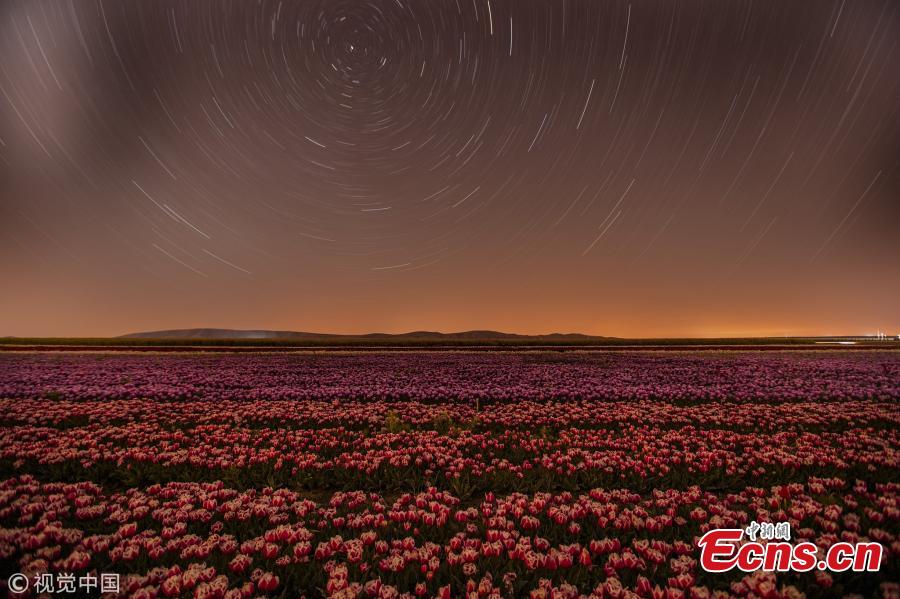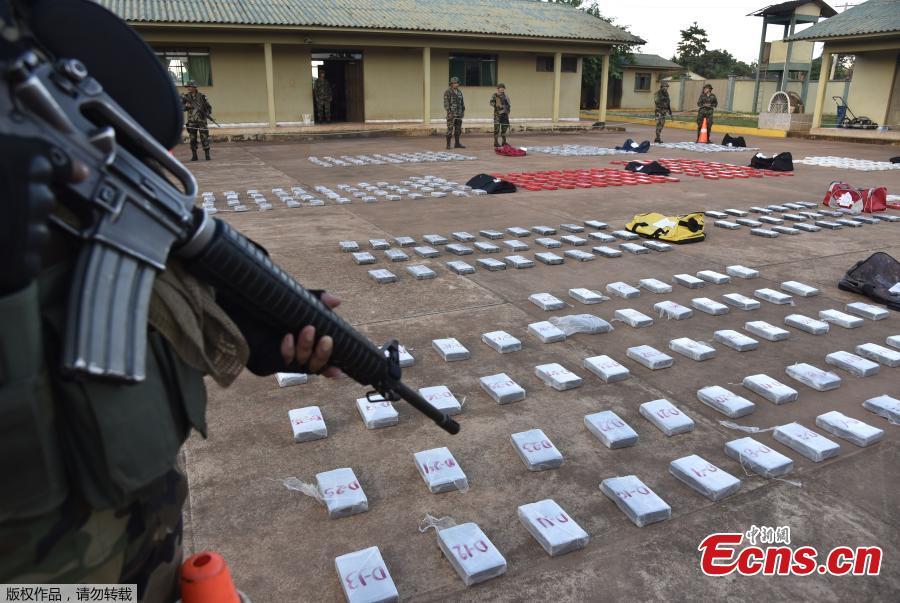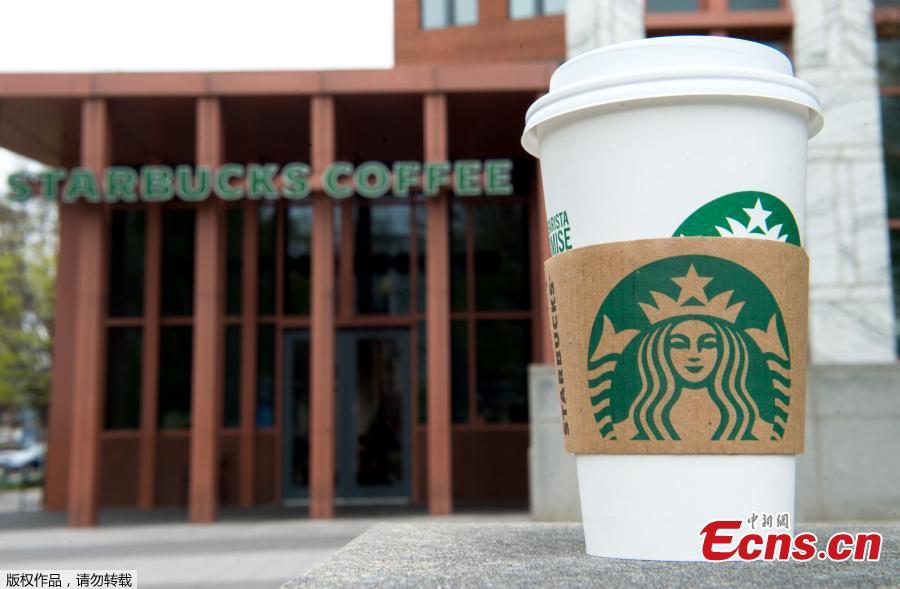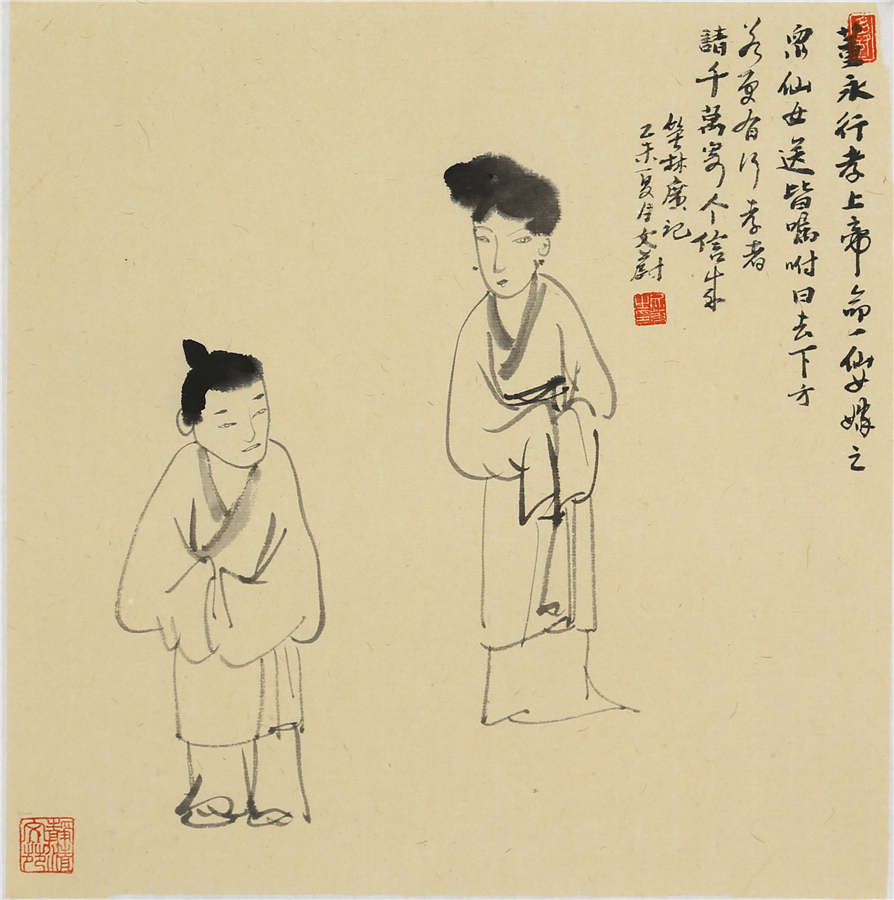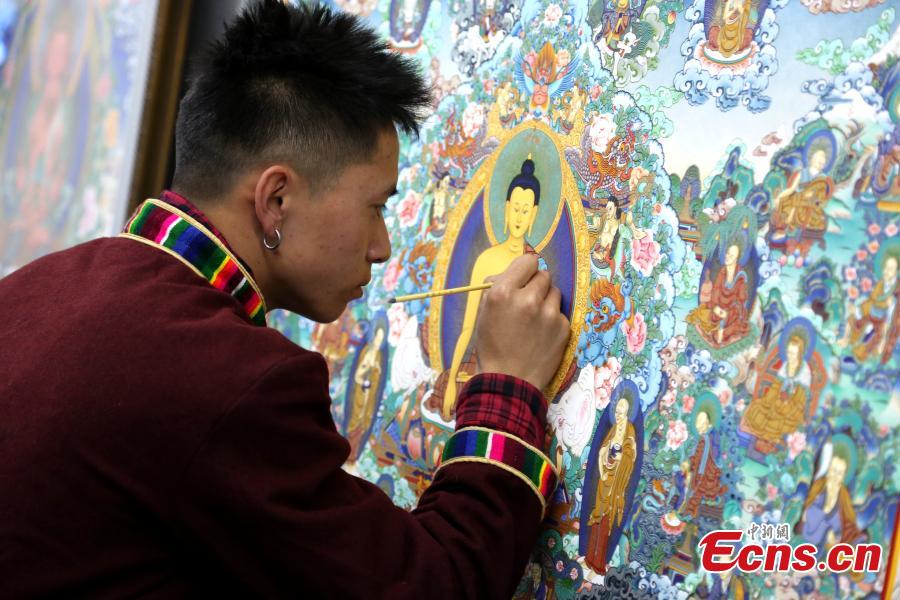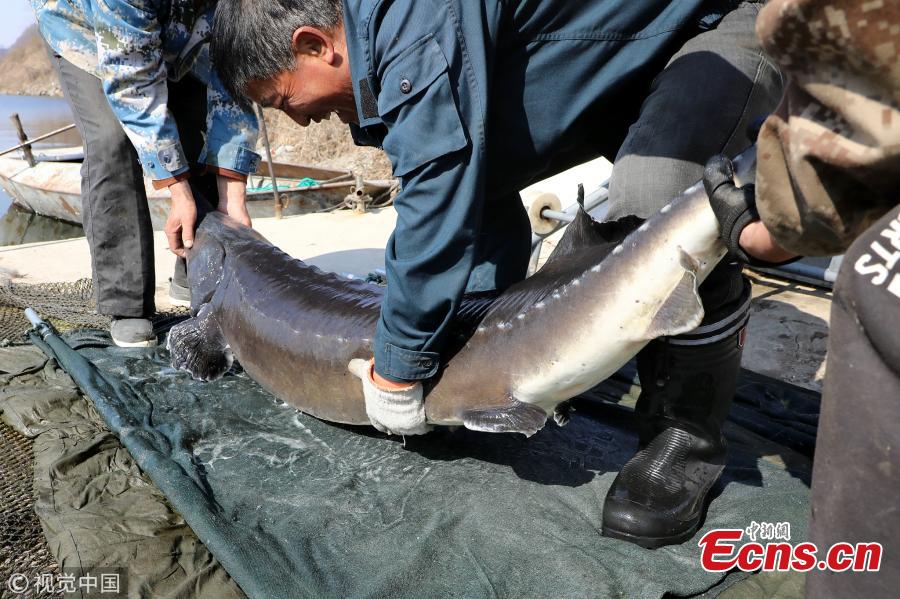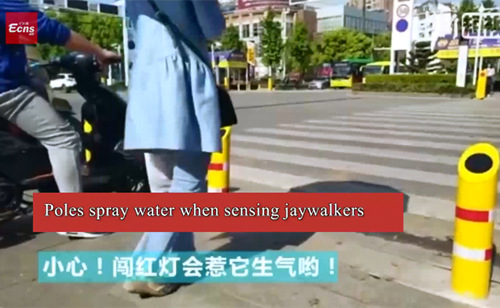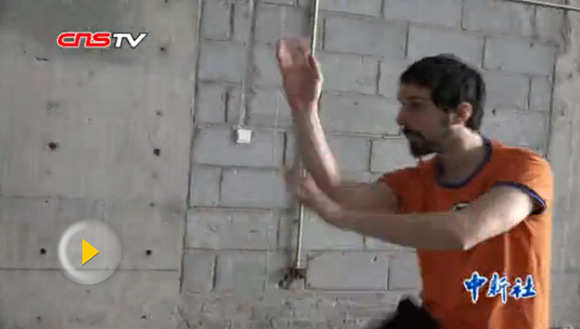Some 78 paintings of Buddha statues stolen from Tianlongshan Grottoes are currently on display in Taiyuan, capital of north China's Shanxi Province.
Construction began on Tianlongshan Grottoes, notable for its Buddhist statues, during the Northern Wei Dynasty (534-550). The site includes 25 caves built during five Chinese dynasties.
However, many valuable statues were stolen and smuggled overseas during wars or illegally sold in 1920s.
Using colored pencils or Chinese ink, Zhang Jinfeng, a 46-year-old painter, is trying to revive the lost glory of the Tianlongshan Grottoes through painting.
Zhang was born in a village near the grottoes, and as a child was told how beautiful the grottoes had been.
"I often visited the caves. Once, when I was about to leave, a ray of sunshine came into the cave, lighting up a broken Buddha statue. It was beautiful although damaged," he said. "I was moved and thought I should do something."
Over the past seven years, Zhang has drawn pictures of stolen Buddha statues based on photographs and videos he found online or in books, or from pictures taken by friends who visited the statues in overseas museums.
"The images in his paintings look like the real Buddha statues," said Wang Ding, curator of Taiyuan Museum of Art. Wang saw the paintings during a rural inspection and decided to help Zhang organize an exhibition.
"I hope to use my own methods to arouse public awareness of cultural relic protection," Zhang said.
China Cultural Relics Academy has estimated that over 10 million relics have been smuggled out of China since 1840 during wars or due to illegal sales.









